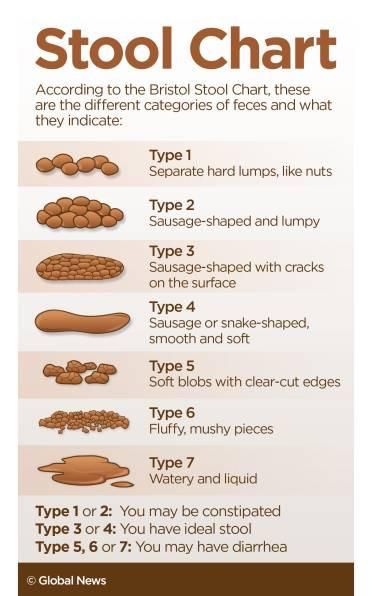TYPES OF DIARRHOEA AND IT'S MANAGEMENT
TYPES OF DIARRHOEA AND IT'S MANAGEMENT
Diarrhea is a common gastrointestinal condition characterized by frequent, loose, and watery stools. It can be caused by various factors, including infections, dietary factors, medications, and underlying medical conditions. Diarrhea can be classified into different types based on its duration and underlying causes. Here are the main types of diarrhea and their management:
1. Acute Diarrhea:
- Duration: Lasts for a short period, usually a few days to two weeks.
- Causes:
- Bacterial or viral infections (e.g., gastroenteritis).
- Food poisoning.
- Dietary indiscretion.
- Medications (e.g., antibiotics).
- Management:
- Hydration is crucial to prevent dehydration. Drink clear fluids like water, oral rehydration solutions (ORS), and clear broths.
- Avoid dairy products, caffeine, and fatty foods.
- Over-the-counter (OTC) medications like loperamide (Imodium) may be used for symptomatic relief, but they are not recommended for certain bacterial infections.
- If diarrhea is severe, persistent, or accompanied by high fever, blood in stools, or signs of dehydration, seek medical attention.
2. Persistent Diarrhea:
- Duration: Lasts for more than two weeks but less than four weeks.
- Causes:
- Ongoing infections (e.g., giardiasis).
- Chronic medical conditions (e.g., irritable bowel syndrome, celiac disease).
- Medication side effects.
- Management:
- Identify and treat the underlying cause.
- Maintain hydration.
- Dietary changes, such as eliminating specific trigger foods.
- Follow medical advice and prescribed medications.
3. Chronic Diarrhea:
- Duration: Lasts for four weeks or longer.
- Causes:
- Chronic gastrointestinal conditions (e.g., inflammatory bowel disease, Crohn's disease).
- Malabsorption disorders (e.g., celiac disease, lactose intolerance).
- Medications.
- Management:
- Accurate diagnosis and treatment of the underlying condition.
- Dietary modifications, such as a gluten-free diet for celiac disease or lactose-free diet for lactose intolerance.
- Medications prescribed by a healthcare provider.
- Nutritional support, including supplements as needed.
4. Traveler's Diarrhea:
- Causes: Usually caused by consuming contaminated food or water while traveling in areas with poor sanitation.
- Management:
- Prevention is essential. Drink bottled water, avoid ice cubes, and eat thoroughly cooked foods.
- Hydration with clean fluids.
- Over-the-counter antidiarrheal medications (e.g., loperamide) may be used for short-term relief.
- Seek medical attention if symptoms are severe or persist.
5. Inflammatory Diarrhea:
- Causes: Associated with inflammation of the gastrointestinal tract, often due to conditions like ulcerative colitis or Crohn's disease.
- Management:
- Treatment aims to control the underlying inflammatory condition with medications prescribed by a gastroenterologist.
- Nutritional support may be necessary in severe cases.
- Monitor for complications and follow medical advice.
It's essential to differentiate between the types of diarrhea and seek medical advice when symptoms are severe, persistent, or associated with warning signs such as blood in stools, high fever, or signs of dehydration (e.g., excessive thirst, dark urine, dry mouth). Self-management strategies, such as maintaining hydration and modifying the diet, can be effective in mild cases, but healthcare professionals should guide the management of chronic or severe diarrhea.



.jpg)
.jpg)
Comments
Post a Comment